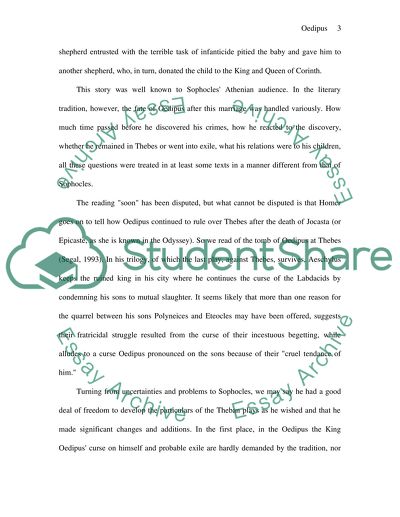Cite this document
(“Oedipus Book Report/Review Example | Topics and Well Written Essays - 2000 words”, n.d.)
Retrieved from https://studentshare.org/literature/1528080-oedipus
Retrieved from https://studentshare.org/literature/1528080-oedipus
(Oedipus Book Report/Review Example | Topics and Well Written Essays - 2000 Words)
https://studentshare.org/literature/1528080-oedipus.
https://studentshare.org/literature/1528080-oedipus.
“Oedipus Book Report/Review Example | Topics and Well Written Essays - 2000 Words”, n.d. https://studentshare.org/literature/1528080-oedipus.


